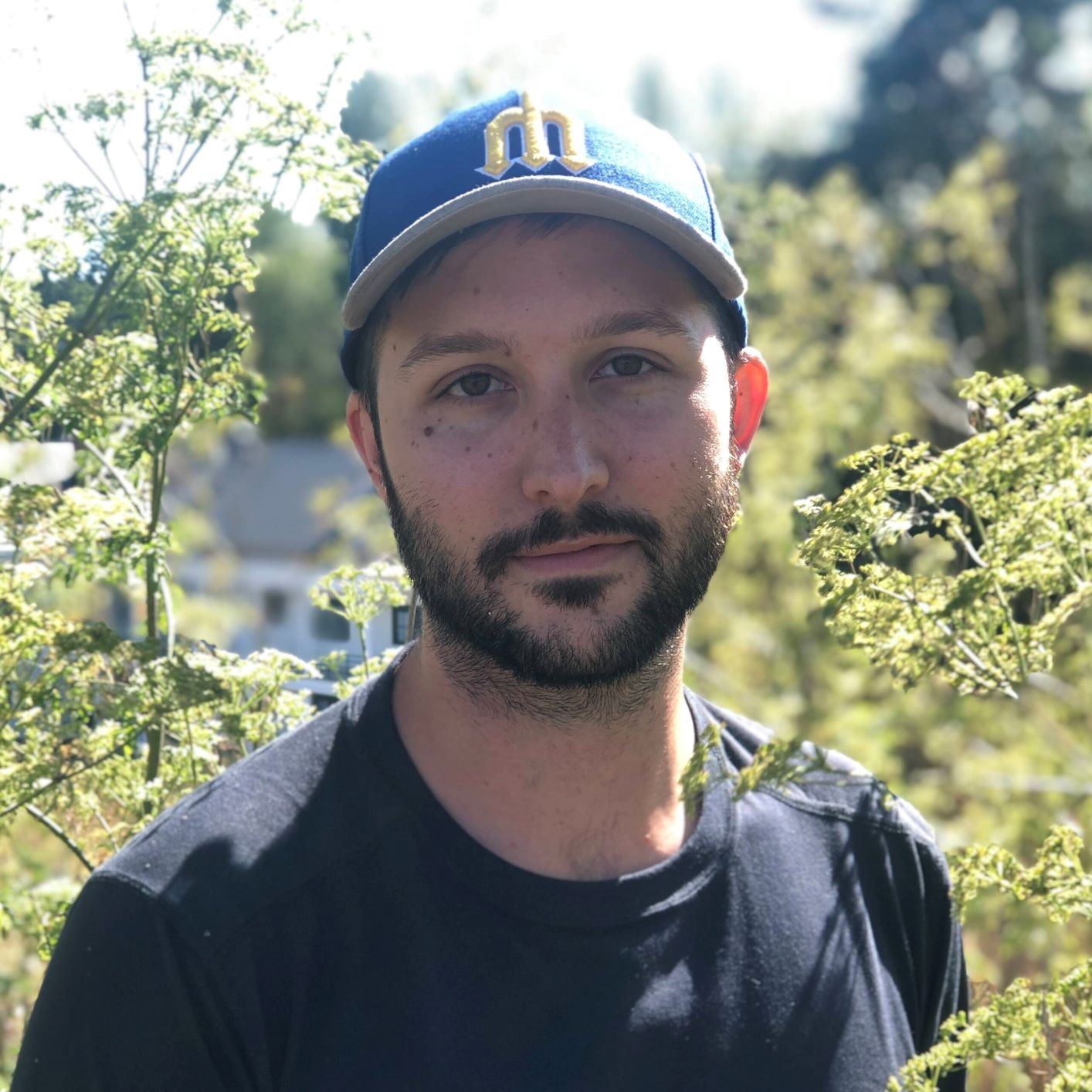ISSN: 1941-4137
POETRY THAT ENACTS THE ARTISTIC AND CREATIVE PURITY OF GLASS
POETRY THAT ENACTS THE ARTISTIC AND CREATIVE PURITY OF GLASS

Weston Morrow is a poet, essayist, and former print journalist. He serves as assistant poetry editor for Crab Creek Review and works with the Bagley Wright Lecture Series. His recent poetry has appeared or is forthcoming in Sundog Lit, Western Humanities Review, Up the Staircase Quarterly, and Poetry South. His essays, reviews, and criticism have appeared or are forthcoming in Blackbird, Western Humanities Review, and McNeese Review's online home Boudin. He holds an M.A. in English Literature from Central Washington University.
My Fair Lady (1964)
I awoke in the night, once-bright
leaves scattered 'round me,
shadows now,
blankets at my feet, bed
of soil, sheets,
throw pillows, stones.
A rose my lover called me —
arisen.
Elision is a sin
contained within the act of loving.
I had a lover once.
I loved.
I had tendrils
that stretched each day to touch
the sun, doves
nesting in the thicket
of our tangled limbs.
Silence follows, and a
hooting; so a simple sound
can wake you
to the nature of your body,
denatured. Uprooted, you
may lose your sense of touch, connection to
the body beneath you;
I lose my sense, your touch.
A man my lover called me then —
Amen.
I wrote this poem on an airplane, flying over the Atlantic Ocean shortly after reading Paisley Rekdal's Nightingale. I was thinking a lot about Galatea and Daphne — how one is animated, turned from object to person and the other de-animated in a sense, made immobile, turned from person to plant. I had been thinking about how "love" can often be a kind of possession and objectification rather than emancipation. And this line of thinking led me to consider our narrow view of the world, how we think turning a frog into a prince would make it happy, but perhaps the frog would rather stay a frog. Perhaps a tree would rather be a tree. Perhaps, by loving a tree into human life, we make it less, not more, free.
Glass: A Journal of Poetry is published monthly by Glass Poetry Press.
All contents © the author.
All contents © the author.





